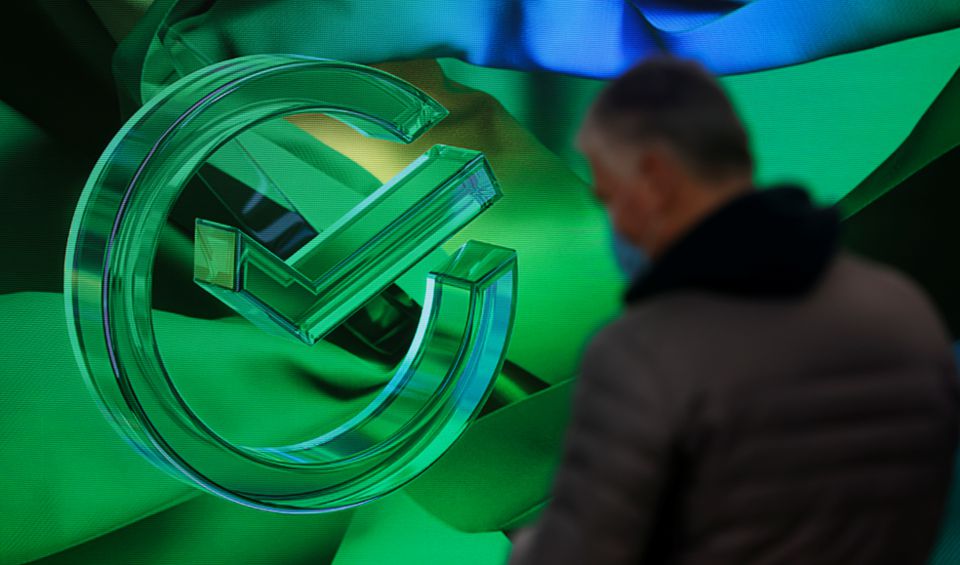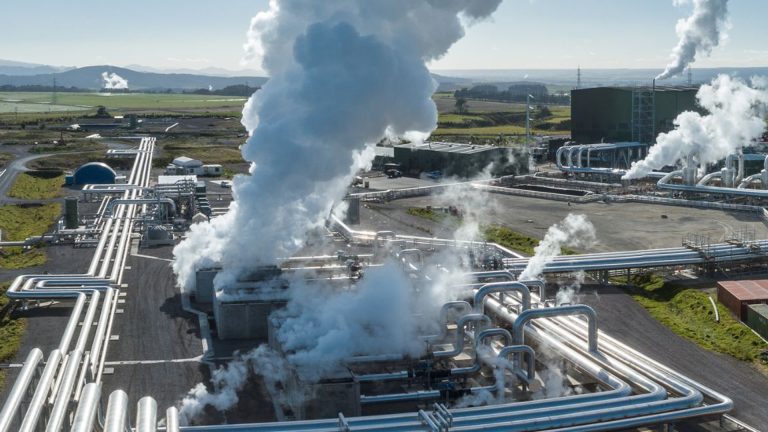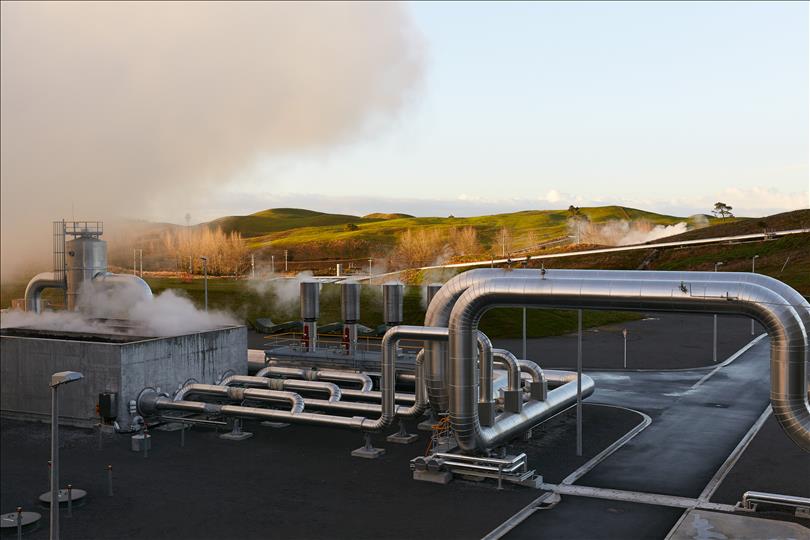
“We are looking further at the banking sector, especially Sberbank, which accounts for 37 per cent of the Russian banking sector. And, of course, there are energy issues,” she said.
The EU has so far spared Russia’s largest bank from previous sanctions rounds because it, along with Gazprombank, is one of the main channels for payments for Russian oil and gas, which EU countries have been buying despite the conflict in Ukraine.
She also said that the EU was working on “clever mechanisms” so that oil could also be included in the next sanctions.
“What should not happen is that (Russian President Vladimir) Putin collects even higher prices on other markets for supplies that would otherwise go to the EU,” she was quoted as saying.
“The top priority is to shrink Putin’s revenues,” she said.







